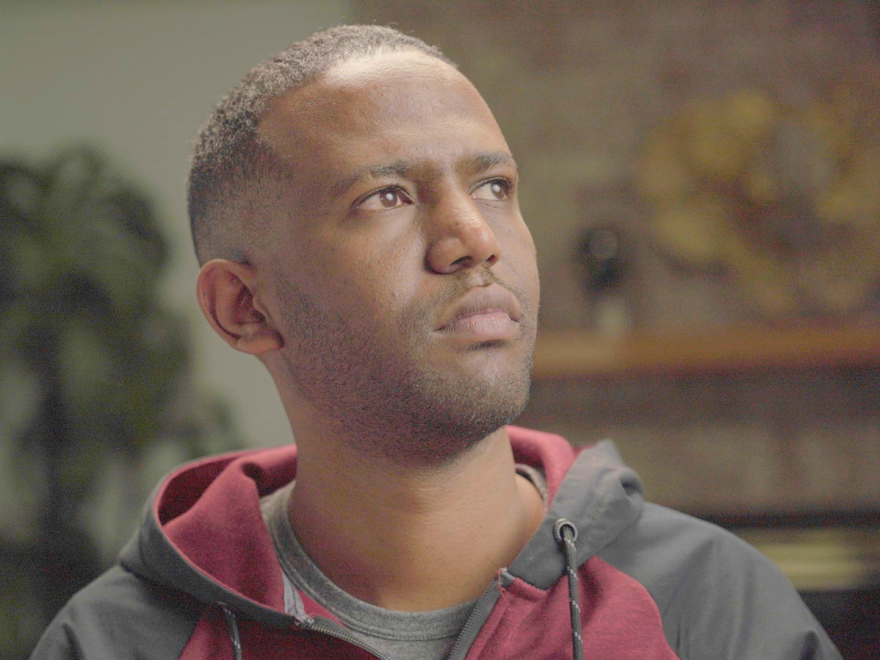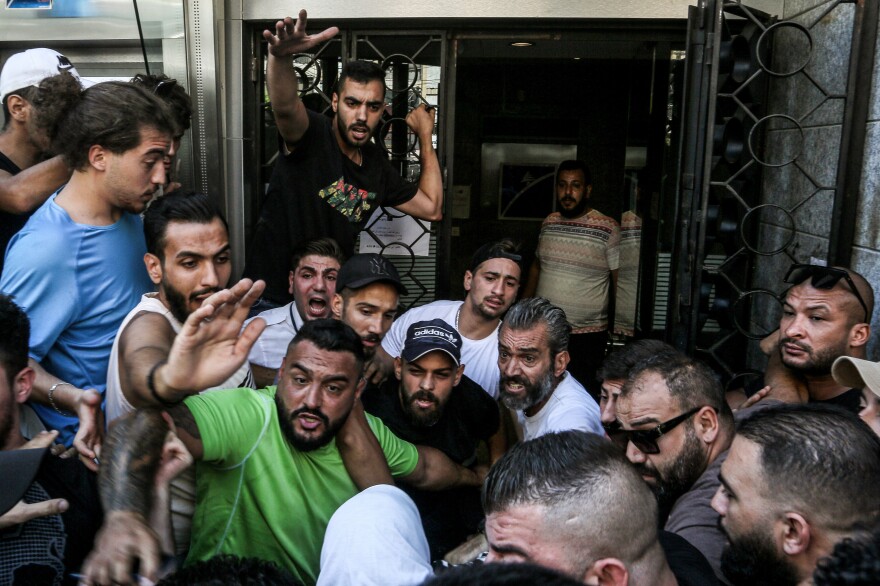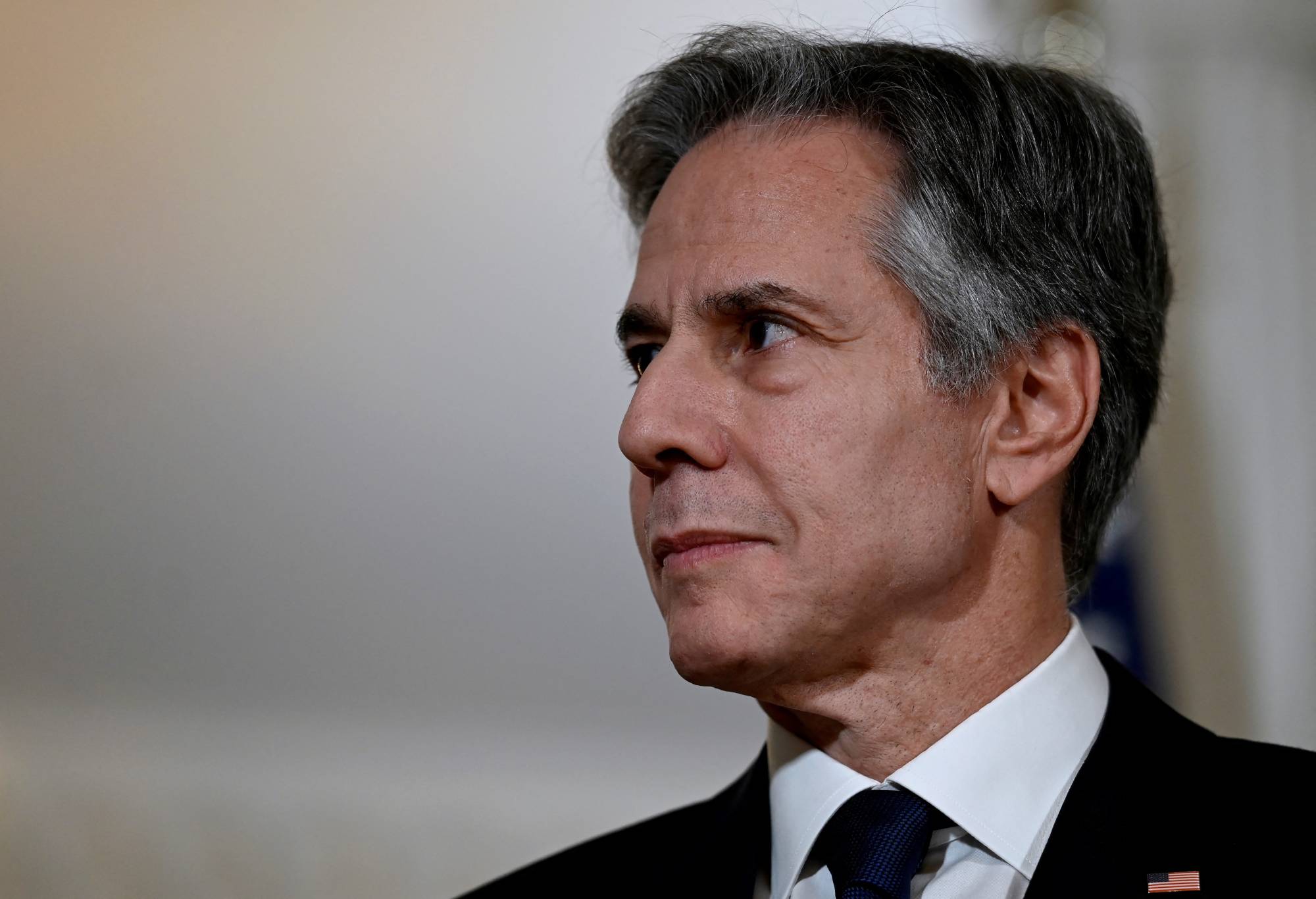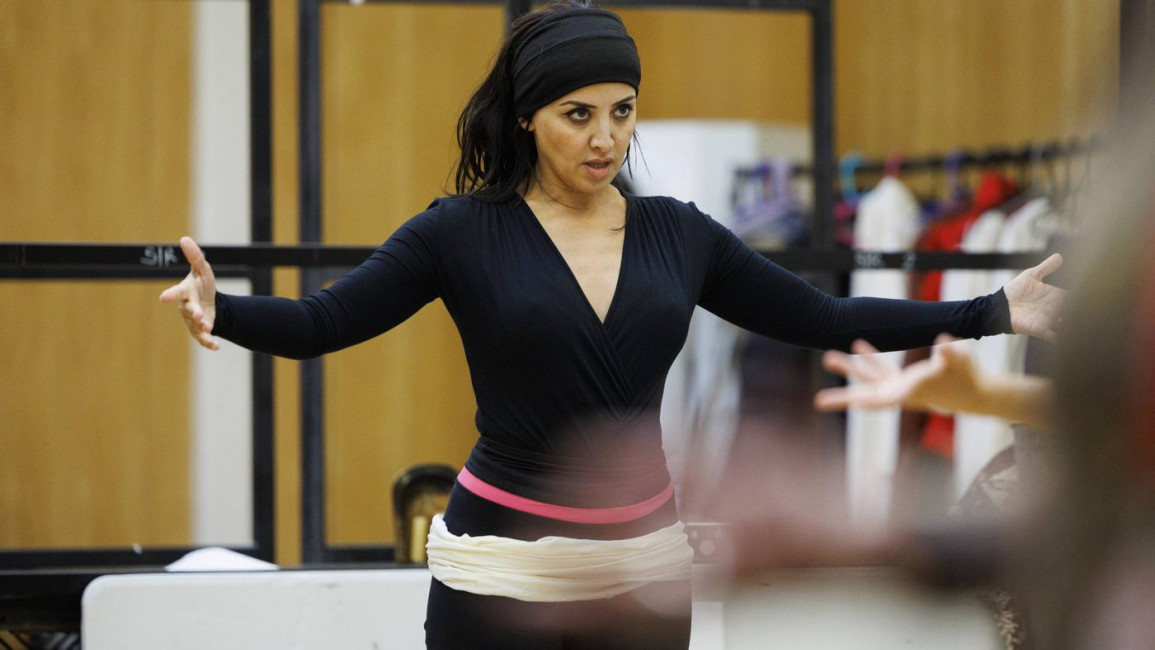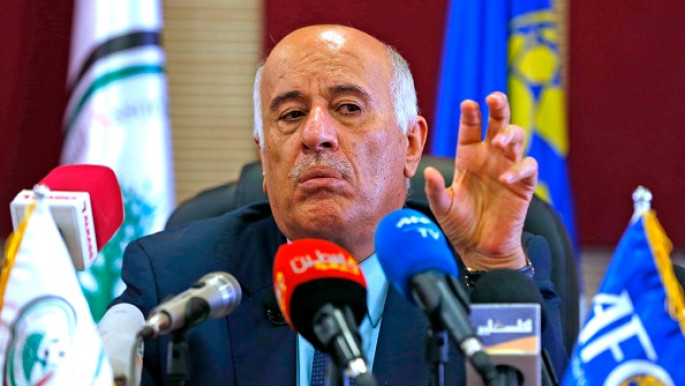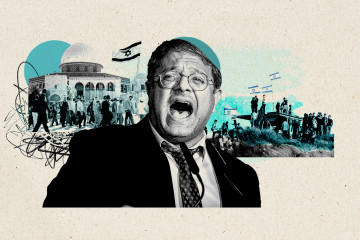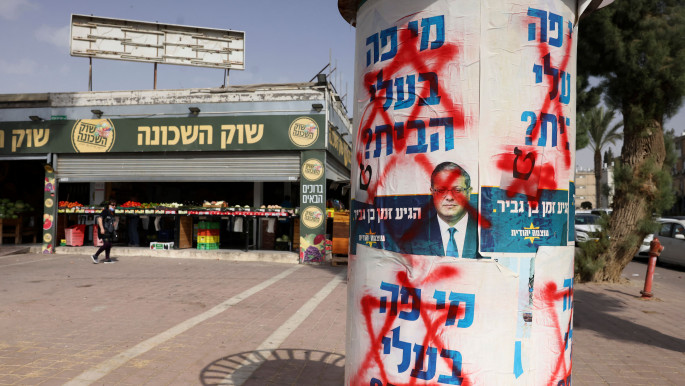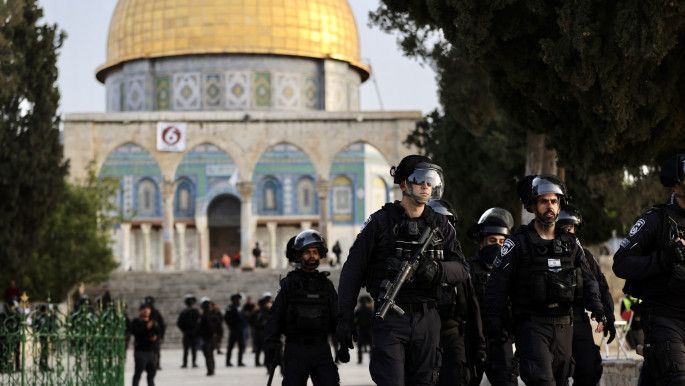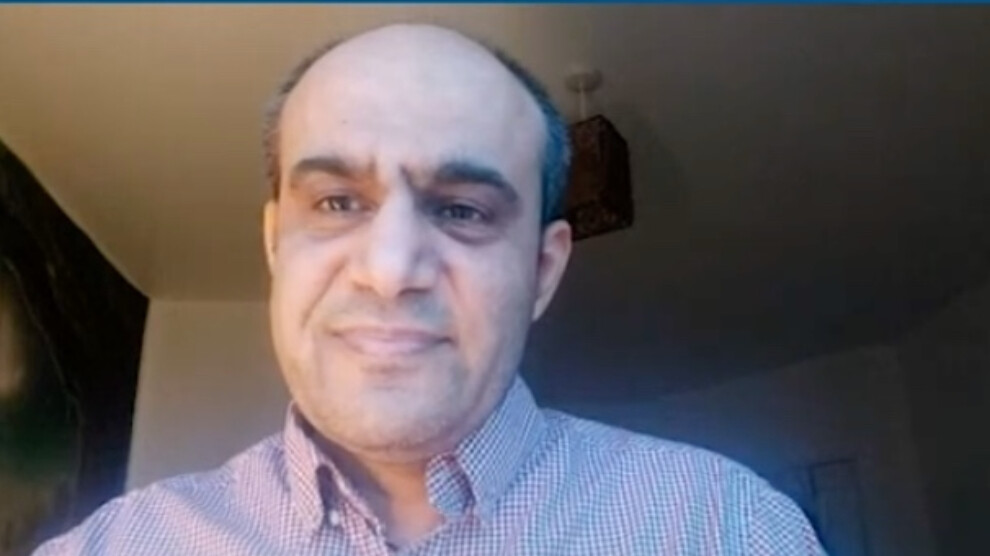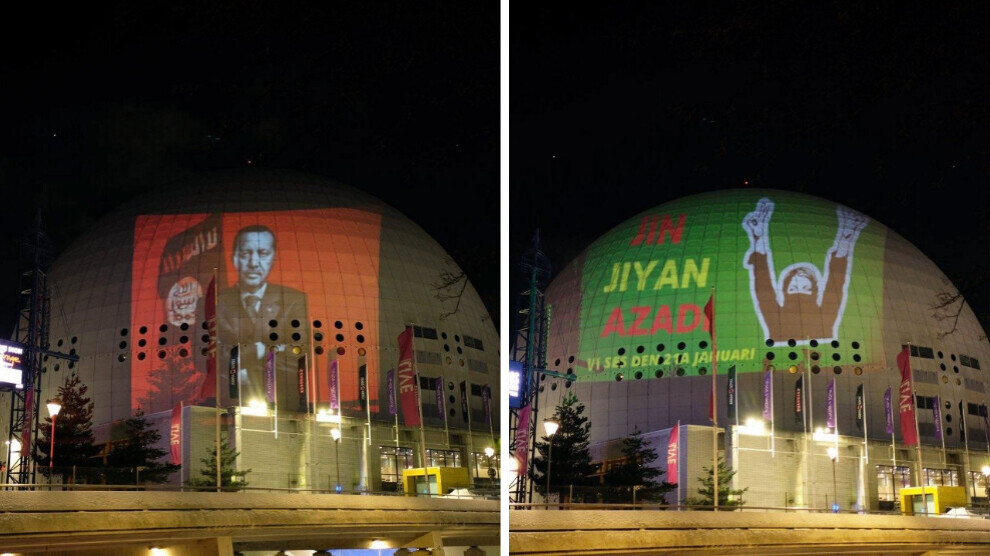AMERIKA
People addicted to opioids rarely get life-saving medications. That may change.December 17, 20225:00 AM ET
BRIAN MANN
NPR

Methadone and other opioid-addiction medications are proven to save lives. But most people addicted to fentanyl, heroin and pain pills never get medical treatment.Kevin D. Liles/AP
Doctors and researchers have known for decades that safe, easy-to-use medications are a game-changer for people addicted to opioids.
Buprenorphine and methadone reduce cravings for opioids and ease withdrawal symptoms, helping people avoid relapses and deadly overdoses.
"If somebody has access to these life-saving medications, it cuts their mortality risk by 50 percent," says Dr. Linda Wang, a researcher who treats patients with addiction at Mount Sinai Hospital in New York City.
"It has a huge impact preventing death."
But as fatal opioid overdoses surge in the U.S., topping 80,000 deaths last year, access to these medications remains severely limited.
Wang says in part that's because of complex, often punitive federal regulations that restrict how these medicines are prescribed and dispensed.
Methadone in particular is unavailable to Americans who don't have access to special federally-approved opioid treatment clinics.
Regular physicians aren't allowed to prescribe the medication, even though they are allowed to prescribe highly addictive opioid pain medications.
"It comes down to policy and legislation that got passed at a time when we were enacting a war on drugs and criminalizing addiction," Wang said.
As a result, public health officials say only one in 10 Americans struggling with addiction ever receive treatment. Studies show access to treatment is especially difficult for people of color.
Those policies left millions of people vulnerable as the powerful, toxic synthetic opioid fentanyl spread in the U.S., making addiction even more dangerous.
As fentanyl deaths surge, lowering barriers to addiction treatment
Now the Biden administration is moving to reform and liberalize federal rules for treating opioid addiction, the first major overhaul in two decades.
"There were significant barriers that were quite stigmatizing for patients as they enter treatment," says Dr. Neeraj Gandotra, chief medical officer for the Substance Abuse and Mental Health Services Administration (SAMHSA), the federal agency that oversees addiction.
Gandotra points out even people who do manage to get methadone are often forced to visit a government-approved clinic multiple times a week to get doses.
"The idea that they aren't allowed to get take-home [doses], the fact that they have to go to the clinic daily, that is a significant barrier," Gandotra said.
During the COVID pandemic, the federal government and most states relaxed opioid treatment rules on an emergency basis.
Patients could get addiction medications with a telehealth visit, for example, and receive more take-home doses.
Dr. Brian Hurley, head of the American Society of Addiction Medicine (ASAM), says that experiment worked.
"There was no evidence that diversion increased or risk increased, but there was evidence that people who gained access to treatment did better," he said.
The rule-change proposed by the Biden administration would make those reforms permanent. It would also eliminate waiting periods for access to methadone and expand telehealth options even further.
Gandotra says SAMHSA also plans to eliminate stigmatizing language from federal rules for opioid treatment programs, including the term "detoxification."

Danielle Russell struggled to gain access to methadone, which helped stabilize her life after heroin addiction. She takes the medication daily and is now finishing her PhD at Arizona State University.Danielle Russell
A life-saving medication and years of stigma
Danielle Russell, who has taken methadone for much of the last 10 years, says these reforms are long overdue.
She struggled to gain access to methadone while addicted to heroin before finding a clinic that would help her.
"I don't think I would be alive without it," Russell says.
She credits methadone for allowing her to stabilize her life and go back to school, where she's about to get her PhD in justice studies at Arizona State University.
But she also says she's faced years of stigma and surveillance within the opioid treatment system, where she often felt less like a patient and more like a criminal.
"It's pervasive," she said. "It almost is like an oil that coats your skin as soon as you walk in [the clinic] door."
During the pandemic, Russell says she was finally allowed to take home a month's supply of her medication at a time. That spared her the near-daily trips to the nearest clinic, a 45-minute drive from her home in Phoenix.
"Not to sound dramatic, but it was life-changing. I suddenly could live like a normal person."
Everyone interviewed for this story agrees these rule changes will help expand access to opioid-treatment medications and reduce stigma.
"The changes in SAMHSA's proposed rule are really ground-breaking," says Sheri Doyle with the Pew Charitable Trust's substance use initiative.
The reforms could be especially important for people of color who "end up facing more stringent requirements than others," according to Doyle.
"There is this inherent lack of trust built into the system of care that is just unfounded," Doyle said.
More reform needed as opioid deaths surge
But Doyle and others say more reforms are needed that would require congressional action.
For now, methadone in particular will remain heavily regulated and will still only be available through a limited number of certified opioid-treatment programs.
"These steps are necessary, but not sufficient," says Dr. Hurley, head of ASAM. "We need additional routes to access for methadone treatment."
Some addiction experts and government officials say the ultimate goal is for opioid recovery medicines to be regulated like medications for other chronic diseases.
"We hope they are placed on the same spectrum as other conditions, such as diabetes and hypertension," says SAMSHA's Dr. Neeraj Gandotra.
He acknowledged that kind of equality of care for addiction patients is a long way off.
"I think it's too early to say whether this [rule change] is a step toward that. We believe it is, but I have to say I'm not sure how far along we still have to go," Gandotra said.
